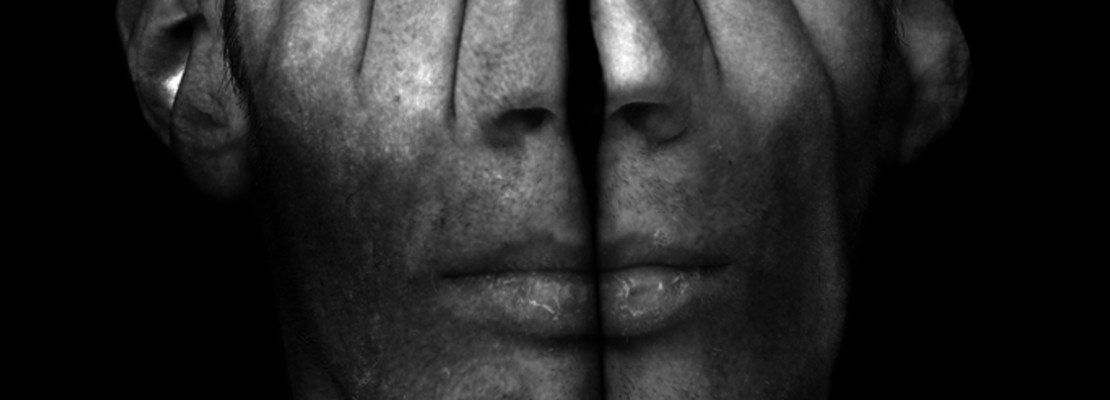Depression - Lagging behind
Everyone feels sad, moody and low from time to time. Depression is not just a low mood and it looks different in every person, making it a widespread issue that can be difficult to understand. Some myths that you may have heard are:
Myth No. 1: Depression is only triggered by events or stressors
Depression is an illness of the brain and there can be a genetic component to the disease. Depressive episodes which last weeks or months may occur without reason. Asking a person who is living with depression questions such as “Why are you depressed?” is just as frustrating as telling them to be more positive.
Myth No. 2: Depression always involves being sad
People with depression may not be sad or feel hopeless. Depression may have different symptoms such as issues with motivation, tiredness, lack of concentration and physical pain.
Myth No. 3: People living with depression who commit suicide are selfish
There are many reasons for suicide and it is a very complex issue. However, a large percentage of suicides involve depression. When people experience severe depression, dark thoughts are a daily part of their life and they may struggle to see clearly.
There are many stories of pain, suffering, neglect and poverty which tell us of broken people in broken relationships in a broken world. Many people contemplate giving up at some point in their lives but they continue despite the pain and challenges of life. However, some people may see suicide as the only way of escaping the enormous emotional pain that they feel.
Mental health disorders and symptoms are a part of living in a broken world.
No-one knows exactly what causes depression. Research suggests that it results from a combination of recent events and other long-term personal factors, rather than a single issue or event. Life events such as long-term unemployment, difficult relationships, loneliness and prolonged stress may be triggers. Other personal factors such as family history, personality, serious medical illness and drug and alcohol use may be triggers. However, it will be a combination of these factors that cause depression.
Leaning on other people who are able to provide support can help alleviate suffering and provide hope. But we don’t know who is suffering unless we talk with one another about it. A group of safe, caring people can provide comfort, hope and healing. Professional treatment helps heal the physical, mental, emotional and spiritual areas of our lives.
So there is HOPE. You are not alone. Don't struggle with this curable disease. Association of Adventist Counsellors (QLD) have counsellors that helps people like yourself or your loved ones to get their life back.
If someone you know is struggling with depression currently, please make sure they know about Lifeline Suicide Prevention Phone: 131114
